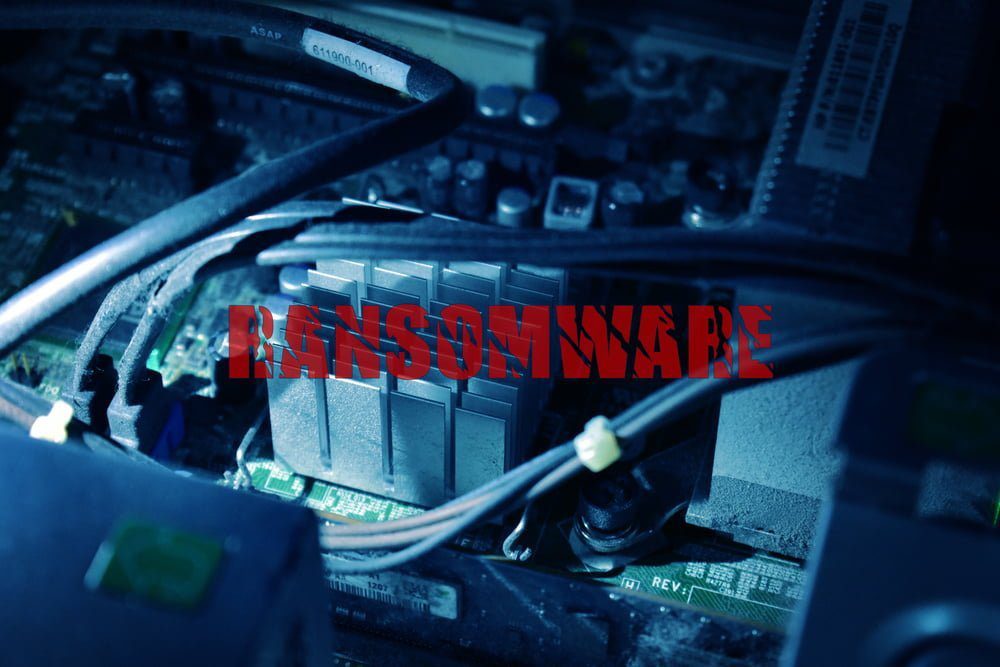Thinking your organisation is at less risk of a data breach is one of the biggest mistakes any business can make when it comes to cyber security.
Just ask British Airways, Boots and the BBC — three giant corporations recently impacted by the Russian-speaking crime group, Clop.
Clop exploited a business infrastructure called MOVEit — software used to securely transfer files around internal networks — to attack the organisations, stealing the personal data of more than 100,000 staff.
This type of attack is a new, rising ransomware menace known as doxware. Rather than encrypting data and charging for a key, hackers extort victims by threatening to release sensitive information if a ransom is not paid.
Whilst doxware is more technically challenging for the hackers, its crux is that it prevents businesses from simply restoring their data from backups and ignoring ransom demands — and businesses everywhere should be doing everything in their power to bolster their security practices to avoid this type of malicious attack.
How can your business prevent an attack like doxware?
In today's threat landscape, reactive cyber security measures are insufficient. A proactive approach is necessary.
If the recent attacks have taught us anything, it is that businesses should find their cyber vulnerabilities early to avoid threats. Luckily, there are steps you can take to secure your data and protect your organisation against an attack…
Implement firewalls
Firewalls protect assets across your digital landscape from potential cyber security threats. They control traffic flow across networks, functioning as security tools to manage connectivity and access to network environments.
Firewalls use security policies to provide service management and control capabilities to ensure network security, defining how an organisation should handle inbound and outbound network traffic for specific IP addresses, protocols and applications.
Every business should have a secure firewall security policy to protect themselves against outside cyber attackers — shielding computers and networks from malicious or unnecessary traffic.
Update and upgrade software
Running outdated software and hardware makes it difficult to implement the latest security measures, such as two-factor authentication or encryption, leaving your business vulnerable to doxware and other ransomware attacks or cyber threats.
The easiest way to keep up with software updates is by automating updates where possible — a 'set-and-forget' option that updates your software as soon as it becomes available.
Staff training
Studies show that 90% of data breaches are caused by human error — so to keep your organisation protected, employees should be educated on identifying potential threats, such as phishing emails, and on the correct procedures for reporting suspected incidents.
Conducting cyber security training for your team can shift employee mindset and behaviour towards information security and demonstrate regulatory compliance.
Governments across Europe are currently introducing legislation with strict requirements, such as the NIS 2 Directive, to protect businesses from cyber security threats, so organisations must get ahead and ensure ongoing compliance in the ever-changing digital landscape.
Can your business recover from an attack?
Even with all the suitable measures, hackers can sometimes slip through the cracks. Businesses should have the appropriate systems and protocols in place to continue operating during and recover quickly after an incident — and here is how…
Regularly back up your data
Regular data backups help protect businesses against damage or loss due to hardware failure, software faults, viruses, hacking, power failure — even human error.
There are many backup solutions, but cloud backups are typically the safest option for businesses of all sizes as they provide access to your data through the internet. So, if any business devices become corrupted, inoperable or lost, the data is still accessible from anywhere, at any time.
Create a disaster recovery plan
A disaster recovery plan puts guidelines in place to help businesses identify the type of disruptive event that has occurred and then determine what to do and who to call to get the show back on the road.
Without it, a company can suffer data loss, reduced productivity, out-of-budget expenses and reputational damage that can lead to lost customers and revenue…
So, instead of questioning if your organisation is ready to face the threat of doxware and other cyber security threats — why not get ahead of the risk and step up your cyber security practices?
Burning Tree's consultancy services can help you identify weak points in your current cyber security strategy — or implement an entirely new one — with leading technology solutions. Contact us today at 01252 843014 or email info@burningtree.co.uk to discuss our cyber security improvement services.




